MercoPress. South Atlantic News Agency
Tag: Brazilean inflation
-
Sunday, April 16th 2023 - 13:01 UTC
Lower-income groups less affected by Brazil's inflation

Inflation in Brazil decelerated for all income brackets in the month of March, according to a report from the Institute for Applied Economic Research (Ipea) released Friday, Agencia Brasil reported.
-
Thursday, May 19th 2022 - 09:15 UTC
Brazilian government lowers tariffs on eleven products to help with inflation

The Brazilian government facing the inflationary challenge, as in most of the rest of the world, and particularly when it comes to food prices and the millions of Brazilians who survive on a daily ration, has decided to temporarily reduce tariffs on eleven products. The decree came into effect on May 12 and will continue until the end of the year.
-
Wednesday, October 13th 2021 - 15:16 UTC
Double digit inflation in Brazil spiked by increasing fuel and food costs
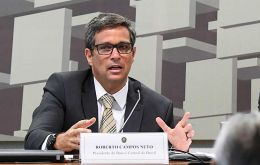
Brazilian market analysts raised their forecasts for inflation and the Selic key interest rate for 2022 as increasing fuel and food costs plus resurgent demand for services are spiking prices as the pandemic seems to be coming to an end.
-
Tuesday, October 29th 2019 - 07:36 UTC
Brazil, expectations of new lows for inflation and interest rates
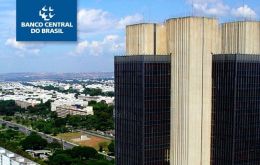
Brazilian inflation and interest rate expectations for next year have fallen to new lows, according to a central bank survey of economists published on Monday, strengthening the view that monetary policy will be loosened further in the months ahead.
-
Thursday, July 4th 2019 - 08:02 UTC
Brazil's currency Real turned 25 this month, a true feat for a country whipped for decades with inflation
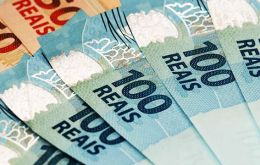
Brazil’s Real turned 25 years on Monday, July first. It’s already the longest circulating currency in the contemporary history of Brazil, having achieved this feat without fanfare in 2018 when it surpassed the cruzeiro.
-
Thursday, August 9th 2018 - 13:54 UTC
Brazilian inflation in July slowing down

Inflation in Brazil slowed for the first time in two months in July as the impact of a May nationwide truckers' strike dimmed, reinforcing the view that a recent price spike would not last long.
-
Monday, December 11th 2017 - 15:10 UTC
Brazilian 2017 inflation below target for the first time in two decades
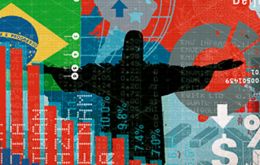
Brazil's monthly inflation eased more-than-expected in November after accelerating in the previous month, mainly due to the continued fall in food prices, preliminary data from IBGE showed on Friday. The consumer price index rose 0.28% month-on-month following 0.42% in October.
-
Thursday, August 10th 2017 - 20:05 UTC
Brazil´s annualized inflation in July was 2.71%, the lowest since 1999
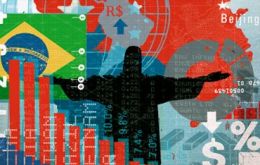
Brazilian prices rose in July at an annual rate of 2.71%, the lowest for 18 years, the government statistics office said Wednesday. This was good news for consumers in Latin America's biggest economy, which is inching out of its deepest recession in history, and was considered likely to lead to sharper interest rate cuts.
-
Thursday, April 13th 2017 - 07:30 UTC
Brazil central bank slashes money cost; estimates Selic rate at 8.5% by end of the year
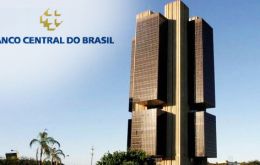
Brazil's Central Bank cut the key interest rate by a full one percentage point on Wednesday in an effort to inject life into the floundering economy. This was the fifth straight cut, taking the key Selic rate to 11.25%.
-
Monday, April 10th 2017 - 05:58 UTC
Brazil's annual inflation drops to the lowest rate since 2010

Brazil's annual inflation eased to the lowest rate since 2010 and came very close to the government's long-missed target, leaving the door open for the central bank to accelerate the pace of interest rate cuts next week.
